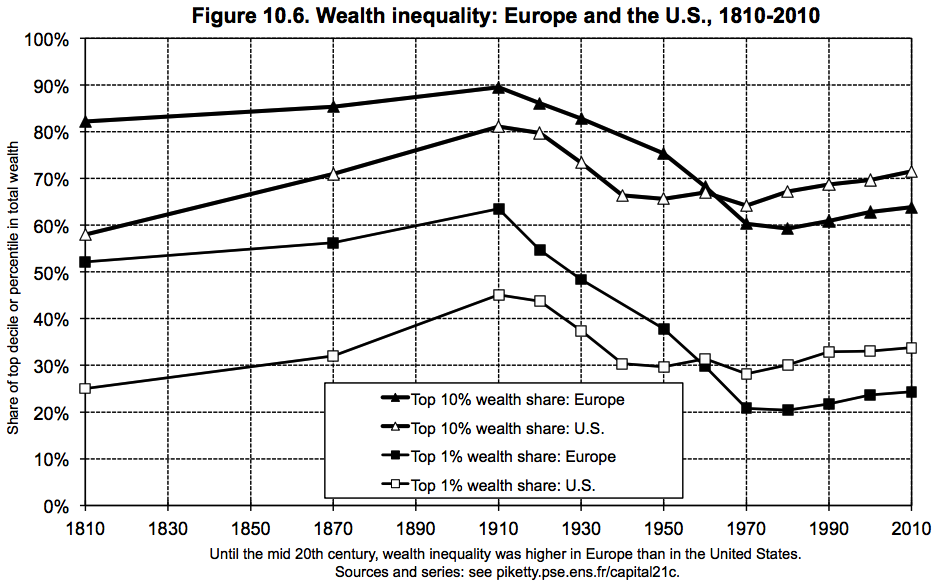beowulf
Full time employment: Posting here.
- Joined
- Oct 26, 2007
- Messages
- 798
I don’t buy the “just because you’re white” theory. Having grown up in NYC (the Bronx - not a ritzy Manhattan neighborhood), I attended public schools to include college. Our neighborhood was a smorgasbord of every race, religion and trade imaginable. Probably over 90% of this who worked were blue collar, though there were a lot of stay at home moms. Most of my childhood friends, black, white and Asian, didn’t go to college. It wasn’t that they weren’t smart enough (well, maybe some weren’t), it was more a lack of interest after 12 years of school and the abundance of well paying (for the time) blue collar jobs. City University was free, and I want to grad school on the GI bill. Anyone in NYC and who served could do that. My grandparents were immigrants in the early 1900s. They came here with nothing. The inference that I, or others like me, somehow gained our current status due to the actions of prejudice by white people in the 16th, 17th, 18th or 19th centuries is ludicrous. It’s akin to blaming all Catholics for the actions of the crusaders. Or Muslim slave traders, many, if not most of whom were black.



